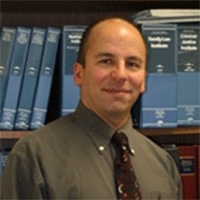 Jenkins Estate Lawyers, Minnesota
Jenkins Estate Lawyers, Minnesota
Sponsored Lawyers
1-2 of 2 matches
722 S 6th St
Brainerd, MN 56401
Divorce & Family Law, Criminal, Real Estate, Estate, Bankruptcy & Debt
The Law Office of Attorney Edward R. Shaw is located in Brainerd, Minnesota and has been serving the Brainerd Lakes Area and surrounding counties with top quality legal services since 1996.
(more)




